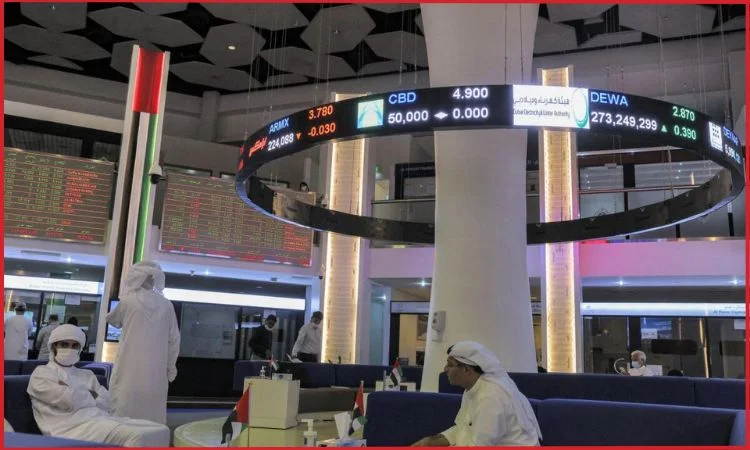The Gulf stock markets opened largely on the upside along with most indices gaining in key sectors. However, Dubai’s major share index was the exception since it recorded losses and thus diverged from the regional positive trend.

PC: Arab News
Saudi Market Leads with Robust Gains
The Saudi benchmark index led the region with a gain of 0.5%. This rise was mainly prompted by a surge of 0.8% in Al Rajhi Bank and an impressive increase of 4% in shares of Saudi Telecom Company (STC).
The Kingdom’s largest telecommunications operator saw its shares climb after announcing that it had been awarded a contract worth 32.64 billion riyals ($8.70 billion). The contract, granted by a government entity, is for the construction, operation, and provision of telecommunications infrastructure services, consolidating STC’s role as a market leader.
Investor confidence in the Saudi market was also boosted by recent regulatory changes. On Monday, the Saudi Capital Market Authority announced that foreign investors would be allowed to invest in Saudi-listed real estate companies executing businesses in the holy cities of Mecca and Medina starting from the end of January 2021. This should encourage more international capital flow into the kingdom’s real estate sector, particularly in key religious cities.
At this, shares of Jabal Omar Development Company, largely based in Mecca and one of the majors in real estate, surged 4.1%, their third day of gains.
The Dubai Index Declines Amidst Regional Optimism
While almost all the other Gulf markets managed gains, Dubai’s main index was down 0.3%, defying overall gains for the region. Gains in the index were pulled by major stocks which did not perform well. A substantial portion of the decline came with a 2.9% drop in shares of Emaar Development, a big real estate company. This was in addition to the 0.7% loss recounted for Air Arabia, which was another good contributor toward pulling down the index.
Dubai’s performance stands in sharp contrast to that of its neighboring Gulf economies, marking sector-specific challenges.
Modest Increases in Abu Dhabi and Qatar
Abu Dhabi’s main share index edged up 0.2%, lifted by gains in specific sectors. In like manner, Qatar’s benchmark index was higher by 0.1% aided by a 0.7% increase in the shares of Qatar National Bank (QNB), the Gulf’s largest lender. The slightly better performance of these markets added to the generally positive mood across the region.
Oil Prices Influence Market Movements
Oil prices, one of the main drivers of Gulf economies, edged higher on Tuesday but remains; hovering near a two-week low has to do with poor Chinese economic data, the world’s largest crude oil importer, and forecasts for milder weather elsewhere against fading demand expectations.
Despite these events, most Gulf markets remained buoyed by broad-based corporate developments and regulatory reforms. However, Dubai’s downward trend further reflects that questions still linger for some sectors in the region.
($1 = 3.7506 riyals)















